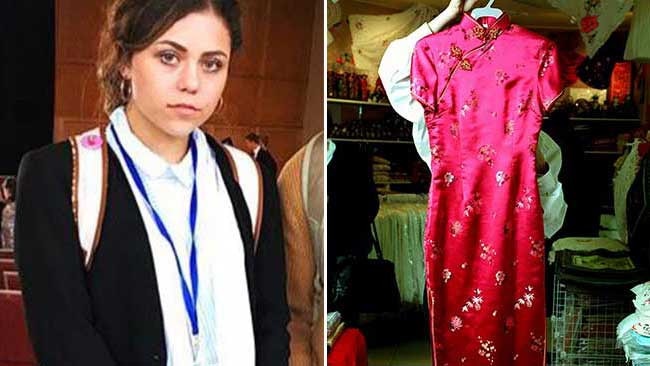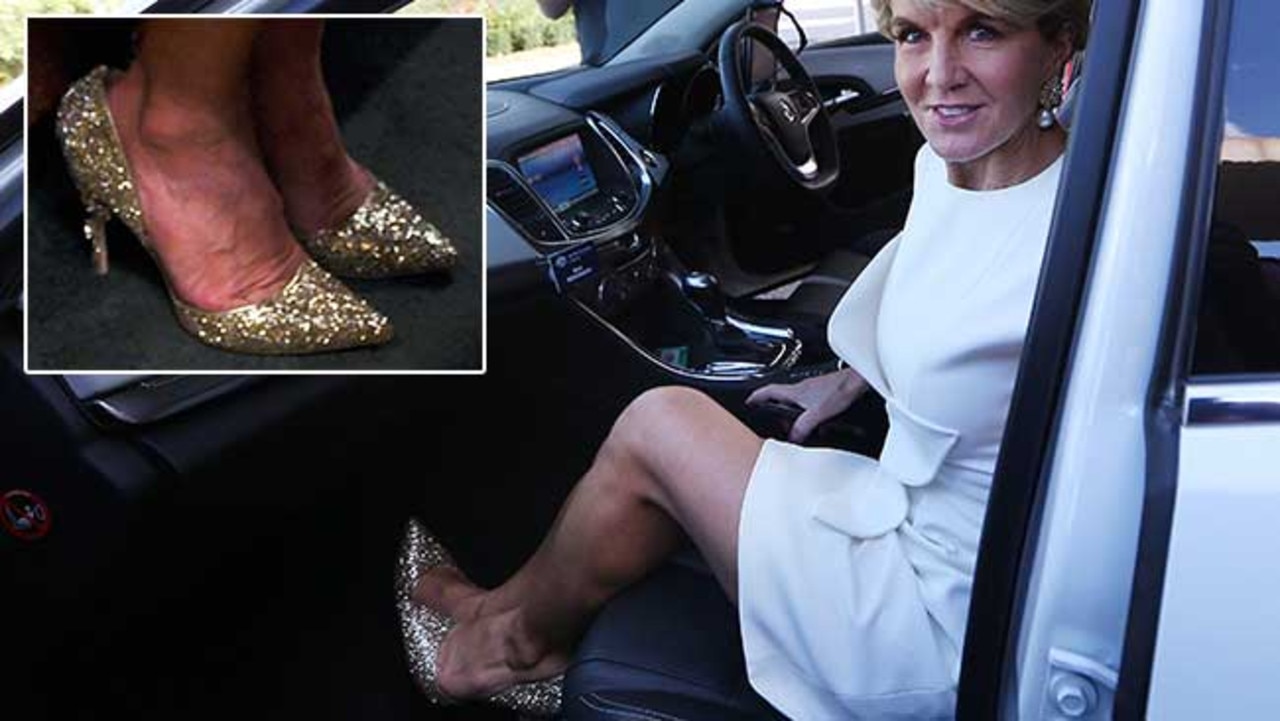
Hands up, ladies, if you’ve ever worn a cheongsam? Bet it made you feel pretty, but for God’s sake, don’t do it again, not unless you want the kind of grief in your life that a sweet 18-year-old from Utah is currently experiencing.
Keziah Daum – pretty name, it’s Hebrew, from the Old Testament — found an old cheongsam in a thrift shop in Utah, and immediately fell in love.
It was bright red, and silky, and curvy, and it fit her like a glove.
She wanted it for her prom. She took some pictures, and posted them online, under the hashtag PROM!
PROM pic.twitter.com/gsJ0LtsCmP
— Keziah (@daumkeziah) April 22, 2018
My culture is NOT your goddamn prom dress. https://t.co/vhkNOPevKD
— Jeremy Lam (@jere_bare) April 27, 2018
And now she’s the subject of a global flogging because apparently, wearing that dress, that’s cultural appropriation.
No, that’s cultural theft.
How so?
Well, a short time after Keziah posted her pictures, a second Twitter user, Jeremy Lam, apparently drunk on a real hit of nasty, shared them, with a caption that read, “My culture is NOT your (expletive) prom dress.”
His post has been liked 200,000 times and retweeted 50,000 times, with thousands now accusing Kaziah of being an ignorant ass.
But wait ... she can’t wear the dress because she’s not Chinese?
How is that going to work in, say, China, not to mention Japan, where Western-style suits, shirts and ties are now commonplace?
But wait: some Twitter users say the cheongsam isn’t just a dress. It’s a dress with political weight. It speaks of a particular moment in Chinese history, having been adopted by women exerting their independence at a certain period of time.
Okay, fine, you know what else is political?
The mini-skirt.
It was – and is – an item of clothing designed to celebrate women’s liberation. It comes from a certain place – New York City – and a certain time – the 1970s – when women were shaking off the shackles.
It makes a statement about women’s freedom, including her divine right to enjoy her sexuality.
You know what else is political?
A dress with pockets.
They were made for women who wanted to carry their own money, and maybe even hatpin, to protect herself.
Let’s not forget pants.
They were banned for women in many offices – and in the White House — until the mid-60s, early 1970s. Some school girls still can’t wear pants, which just goes how far we still have to go.
You could go on, but why would you? It is one thing to say you’re black when you’re not, as the dozy Rachel Dolezal did, it’s quite another to say people can no longer wear the fisherman’s pants they bought in a Thai market.
Sometimes, a girl in a dress she found in a vintage shop is just a girl in a dress she found in a vintage shop.
The local newspaper, Utah’s Deseret News, sent a reporter to talk to Keziah, who says she seized the dress from the rack because “I’m like, I wanted to find something that’s a little more modest ... I loved it a lot because it showed beauty in other ways than revealing your body.”
Not for a second did she imagine it would soon be stacks-on this poor kid, who was so shaken, she considered taking herself offline and hiding in the bedroom for a bit, but then decided: “You know, I’ve done nothing wrong.”
Where does this end?
Because it’s not just fashion that’s political. Certain food – Israeli flat bread comes to mind – comes loaded with bitter history. It isn’t leavened, because the Jews fleeing Egypt didn’t have time to wait for the bread to rise.
Can nobody else eat it? Because you’ll miss flat bread when it’s gone.
Eggs at Easter symbolise the re-birth of Christ, but you’re still welcome to eat them, just as you’re welcome to butter up a hot cross bun, whether you’re Christian or not.
We are one people. Isn’t that the idea? We’ve been trading and sharing and communicating and appropriating from each other since forever. It’s what gives us flavour.
Funny how those who go on about tolerance, diversity, inclusion, all those buzzwords, seem the ones most keen to start an argument.




To join the conversation, please log in. Don't have an account? Register
Join the conversation, you are commenting as Logout